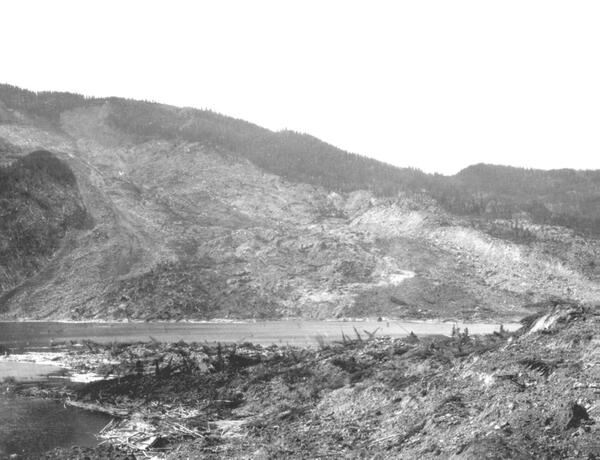Multiple landslides and mudflows in Bat Cave, NC. - 10/13/2024
Multiple landslides and mudflows in Bat Cave, NC. - 10/13/2024Coordinates of photographer: Latitude: 35° 27’ 42.48” N Longitude: 82° 16’ 57.75” W
Date: 10/13/24
Caption: Multiple landslides and mudflows in Bat Cave, NC
Taken during Hurricane Helene LASER response





















